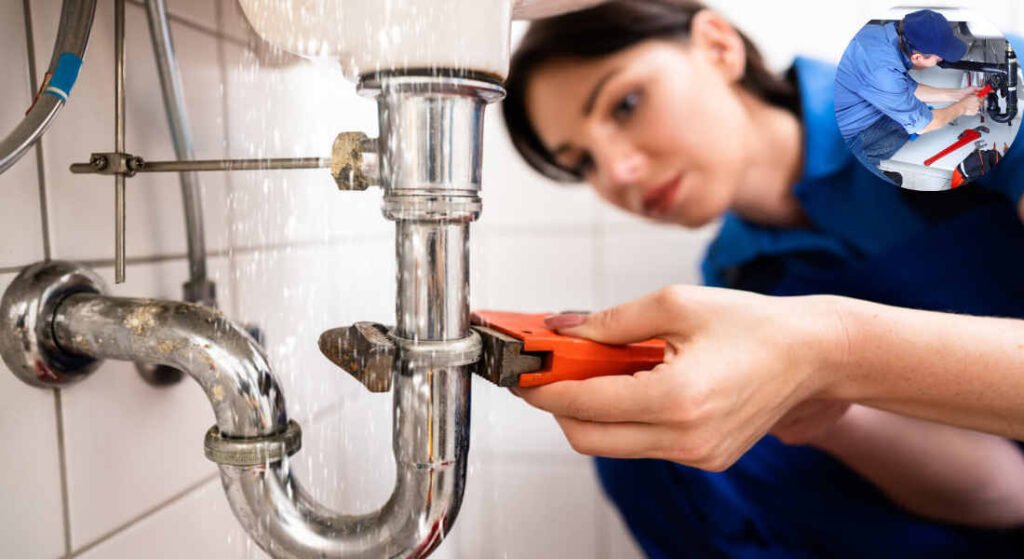Do you need a house plumbing license? This is a question many aspiring plumbers and homeowners often ask. Understanding the importance of obtaining a plumbing license and the steps to do so is crucial for ensuring safety, legality, and professionalism in the plumbing industry.
What Is a House Plumbing License?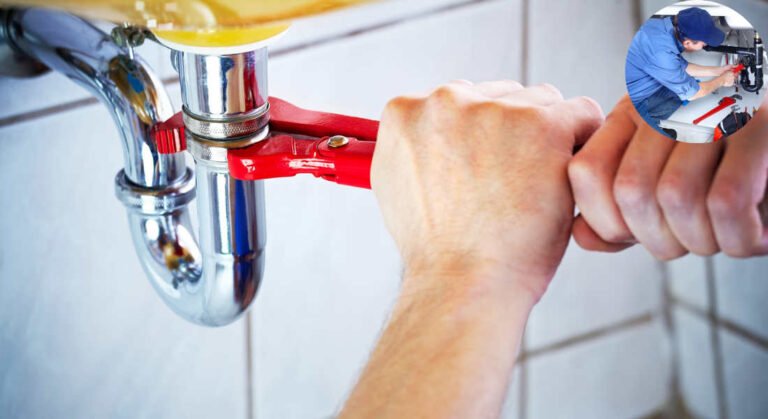
A house plumbing license is a formal certification that allows an individual to legally perform plumbing tasks within residential properties. This license is issued by local or state authorities and serves as proof that the plumber has met specific qualifications, such as completing training, gaining experience, and passing examinations.
Why Do Plumbing Licenses Exist?
Plumbing licenses are not just bureaucratic red tape—they exist for critical reasons:
- Ensuring Safety: Plumbing involves dealing with water, gas, and waste systems. Improper work can lead to serious health and safety hazards, such as gas leaks, water contamination, and structural damage.
- Legal Compliance: Most states require a license to legally perform plumbing work. This helps regulate the industry and ensures that only qualified professionals handle complex plumbing tasks.
- Consumer Protection: Licensed plumbers are held accountable for their work, giving homeowners peace of mind knowing the job will be done correctly and safely.
Licensed Vs. Unlicensed Plumbers
A licensed plumber has undergone training and passed exams to prove their knowledge of plumbing codes and regulations. On the other hand, unlicensed individuals may lack the necessary skills and legal authority to perform plumbing work. Hiring or working as an unlicensed plumber can lead to penalties, unsafe installations, and legal disputes.
Types of Plumbing Licenses and Certifications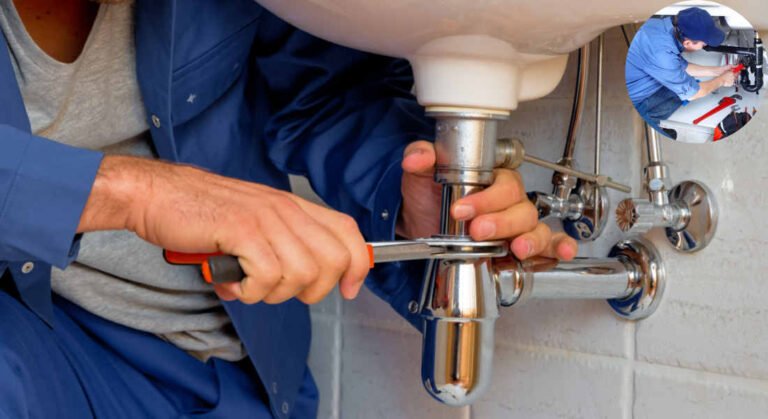
There isn’t a one-size-fits-all plumbing license. Instead, licenses are issued in tiers, depending on the plumber’s experience and expertise. Let’s explore the main types of licenses and certifications.
You may also read (guide to extending the life of copper pipes in homes).
Apprentice Plumber
An apprentice plumber is someone who is learning the trade under the supervision of a licensed plumber. Apprentices are typically enrolled in a formal training program, gaining hands-on experience while completing coursework.
- Duties: Limited to assisting with basic plumbing tasks under supervision.
- Requirements: No prior experience is needed, but enrollment in an apprenticeship program is required.
Journeyman Plumber
A journeyman plumber is a step above an apprentice. They can work independently on most plumbing jobs but still need a master plumber’s oversight for more complex tasks.
- Duties: Install and repair plumbing systems without direct supervision.
- Requirements: Completion of an apprenticeship program and passing a licensing exam.
Master Plumber
The master plumber designation represents the highest level of expertise in the field. Master plumbers can supervise other plumbers, pull permits, and even run their own plumbing businesses.
- Duties: Lead projects, supervise teams, handle advanced plumbing designs, and ensure Compliance with plumbing codes.
- Requirements: Several years of experience as a journeyman plumber, plus passing a rigorous master-level exam.
Specialized Licenses
In addition to these general plumbing licenses, some states offer specialized certifications for specific tasks:
- Gas Piping: For installing and repairing gas lines.
- Utilities: For working on sewer systems or water distribution.
- Backflow Prevention: To ensure water systems don’t contaminate the potable water supply.
The path to higher-level licenses generally requires more experience. For example, a journeyman license may need 4 years of work, while becoming a master plumber can take up to 5 years or more.
Do You Need a House Plumbing License?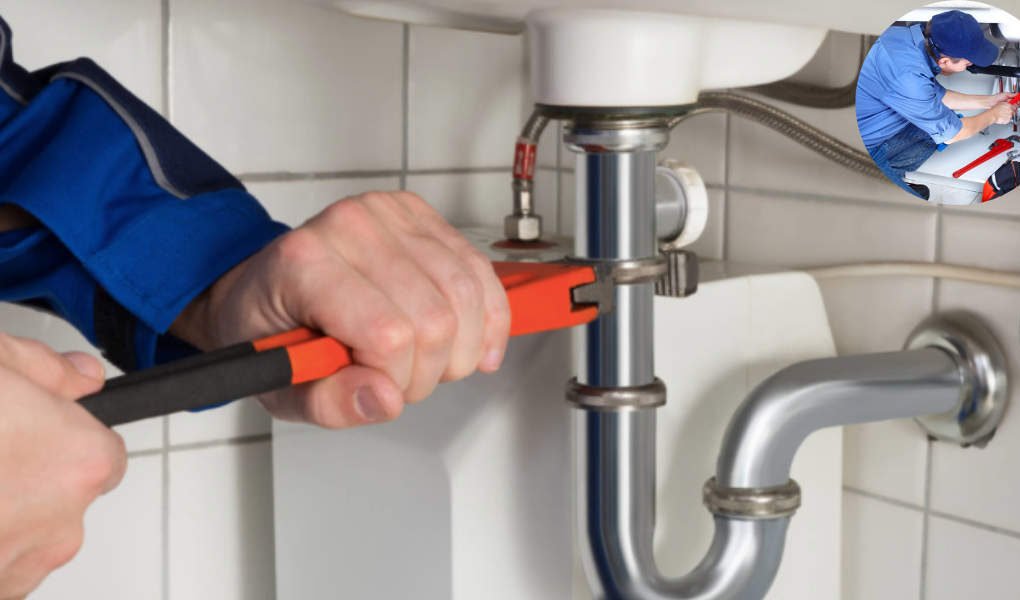
The short answer is Yes, in most cases.
Licensing Requirements by State
Most states require plumbers to have a license to legally perform work. However, the specifics vary:
- Strict Regulations: States like California and Texas have strict licensing rules, requiring even apprentices to register with the state.
- Relaxed Rules: Some states, like Kansas, allow minor plumbing tasks without a license, but major projects still require one.
Risks of Working Without a License
Performing plumbing work without a license can lead to:
- Legal Penalties: Fines, cease-and-desist orders, or even jail time.
- Financial Liability: Unlicensed plumbers cannot obtain insurance, leaving them personally liable for damages.
- Reputation Damage: Operating without a license can tarnish a plumber’s professional reputation.
Always check your local regulations to ensure Compliance with the law. Licensing protects both plumbers and homeowners from unnecessary risks.
You may also read (can plumbing work without electricity in your home).
How to Get a House Plumbing License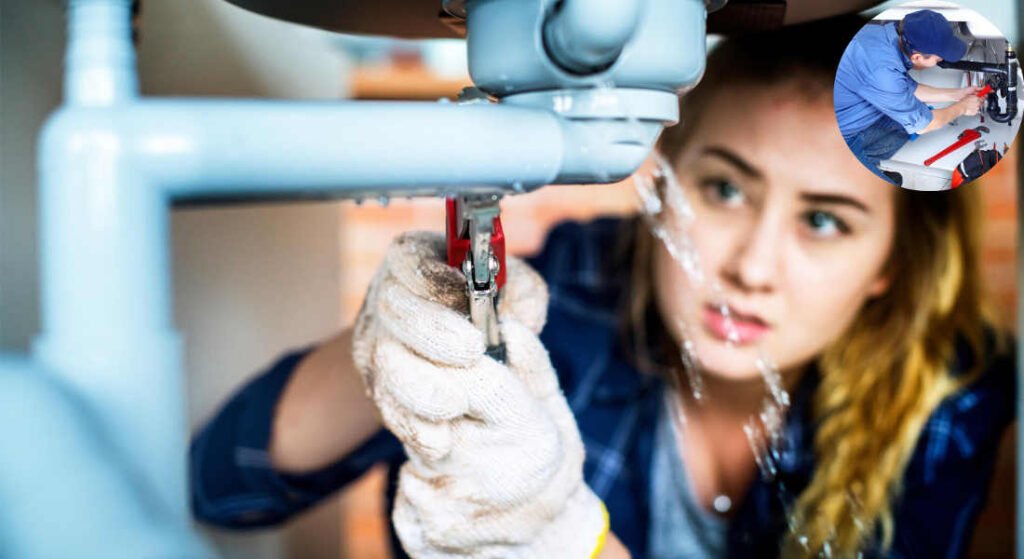
Obtaining a plumbing license may seem daunting, but it’s a straightforward process if you follow the steps.
Gain Hands-On Experience
Most states require a certain amount of practical experience before applying for a license. For example:
- Residential Plumber: Typically requires 2 years of experience.
- Journeyman Plumber: Requires 4 years or 8,000 hours under supervision.
- Master Plumber: Requires 5+ years of experience as a journeyman.
Complete an Apprenticeship
Enroll in a state-approved apprenticeship program. These programs combine classroom education with on-the-job training.
Submit Your Application
Once you’ve met the experience requirements, submit your application to the licensing board. Fees vary by state for instance, Indiana charges a $30 application fee.
Pass the Licensing Exam
The licensing exam tests your knowledge of the following:
- Plumbing codes (e.g., IPC and IFGC).
- Local regulations.
- Safety standards.
Maintain and Renew Your License
Licenses often need renewal every 1–3 years, depending on state rules. Renewal typically requires proof of ongoing professional development.
State-by-State Plumbing License Requirements
Licensing requirements vary widely across the U.S. Here’s a snapshot of some states:
State Experience Required Special Notes
Alabama 2 years for journeyman Exams required for journeyman and master licenses.
Alaska offers 8,000 hours for journeymen and Offers restricted licenses for gas and utilities.
Washington 6,000 hours for certification Must work under supervision during the experience period.
Colorado 3,400 hours for residential, 8,500 hours needed to qualify for master-level certification.
It’s crucial to consult your state’s licensing authority for precise requirements.
Why Having a Plumbing License Benefits Your Business and Customers
Builds Trust
A license reassures customers that you’re qualified and professional. It sets you apart from unlicensed competitors.
Ensures Compliance
Licensed plumbers adhere to safety and building codes, reducing the risk of errors or accidents.
Legal Protection
With a license, you can operate legally, pull permits, and avoid fines or legal disputes.
Business Growth
Licensing opens doors to bigger projects and enhances your reputation, helping you attract more clients.
You may also read (how to properly vent plumbing from the side of your house).
